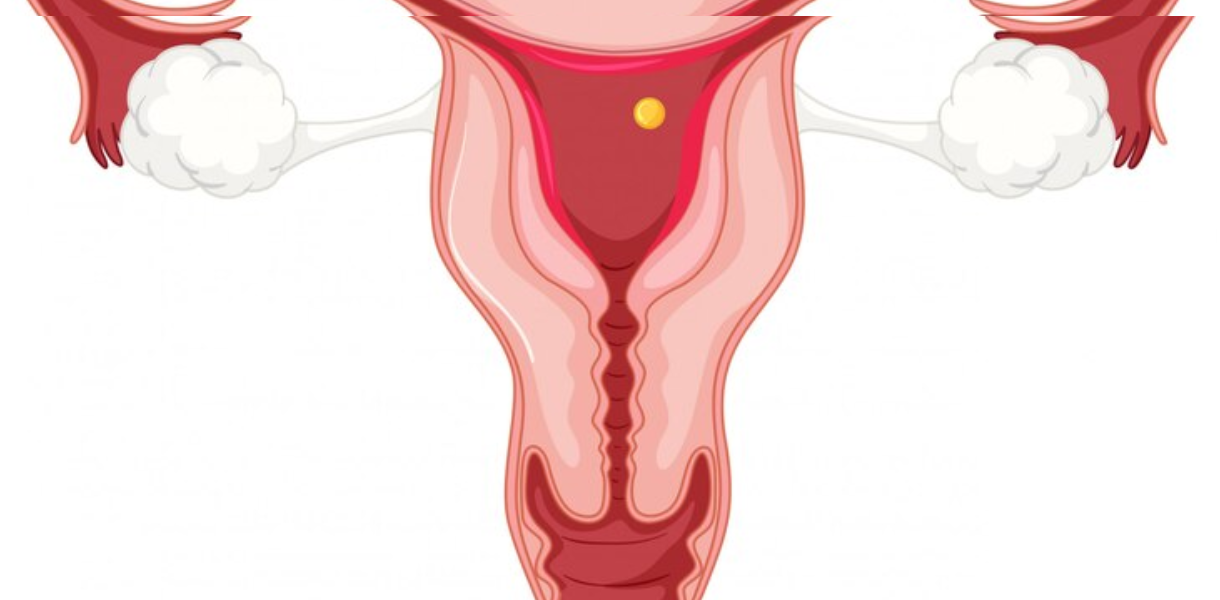"Abnormal Uterine Bleeding" refers to any unusual or irregular bleeding from the uterus that differs from normal menstrual periods. This condition can affect women of all ages and may indicate an underlying health issue. If you are providing a service related to abnormal uterine bleeding, here are some potential content areas you may want to include:
- Definition and Types:
- Define abnormal uterine bleeding.
- Differentiate between normal menstrual bleeding and abnormal bleeding.
- Categorize types of abnormal uterine bleeding, such as heavy menstrual bleeding (menorrhagia), irregular periods, or intermenstrual bleeding.
- Causes:
- List and explain common causes, including hormonal imbalances, uterine fibroids, polyps, pelvic inflammatory disease, thyroid disorders, or bleeding disorders.
- Explore how age-related factors, such as puberty, reproductive years, or perimenopause, can contribute to abnormal bleeding.
- Symptoms:
- Outline symptoms associated with abnormal uterine bleeding, such as prolonged periods, heavy flow, spotting between periods, or irregular menstrual cycles.
- Diagnosis:
- Describe the diagnostic process, including medical history assessment, physical examinations, blood tests, pelvic ultrasound, hysteroscopy, or endometrial biopsy.
- Treatment Options:
- Discuss various treatment approaches, ranging from lifestyle modifications and hormonal medications to surgical interventions like endometrial ablation or hysterectomy.
- Highlight the importance of individualized treatment plans based on the underlying cause and patient preferences.
- Prevention:
- Offer guidance on maintaining reproductive health to potentially prevent abnormal uterine bleeding.
- Emphasize the importance of regular gynecological check-ups and early detection of any underlying conditions.
- Complications:
- Address potential complications associated with untreated or poorly managed abnormal uterine bleeding, such as anemia, fatigue, or decreased quality of life.
- Patient Education:
- Provide educational resources and materials to help patients better understand abnormal uterine bleeding, its causes, and available treatment options.
- Include information on coping strategies and lifestyle changes that may help manage symptoms.
- When to Seek Medical Attention:
- Educate readers about signs and symptoms that warrant prompt medical attention.
- Encourage regular monitoring of menstrual cycles and seeking professional help if any abnormalities or concerns arise.
- Support and Resources:
- Offer information on support groups, online resources, and organizations dedicated to women's health.
- Provide contact details for healthcare professionals specializing in gynecology and reproductive health.
Remember to keep the content clear, accurate, and accessible to a diverse audience. Additionally, it's crucial to update the information regularly to reflect the latest advancements in medical knowledge and treatments.
